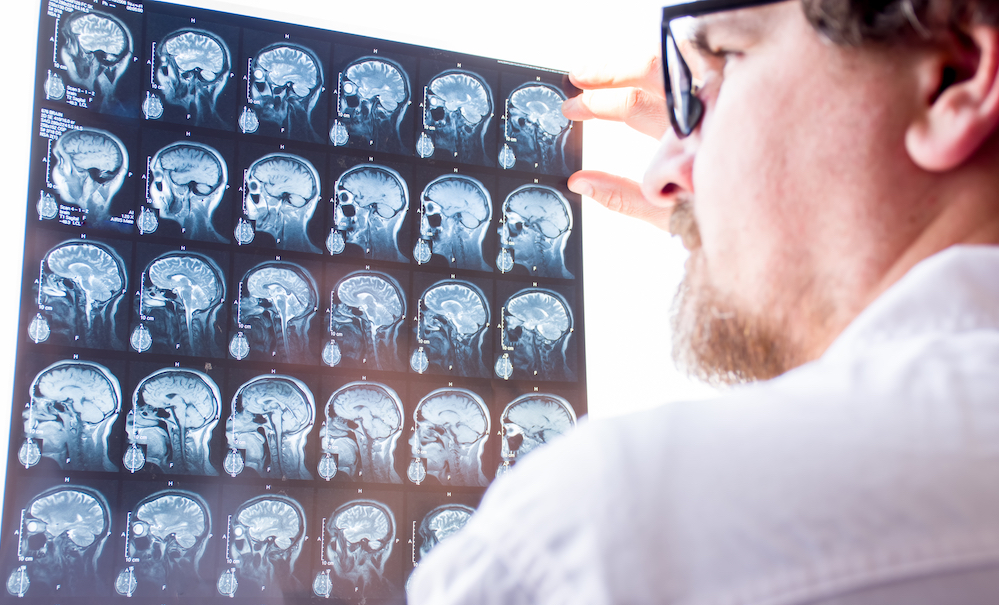
National Epilepsy Week 2020
National Epilepsy Week takes place in the second week of February each year (this year it runs from the 10th to the 16th), tying in with International Epilepsy Day which falls on the second Monday in February. It aims to raise awareness of the disease and create support for the 1 in every 100 South Africans who lives with the condition.
What is epilepsy?
Epilepsy is a chronic disease of the central nervous system that can trigger excess electrical activity in the brain, leading to sudden loss of consciousness that is often accompanied by seizures (abnormal sensations or movements).
According to the Epilepsy Atlas issued by the World Health Organization in 2005, “There are no racial, geographical or social class boundaries. It occurs in both sexes, at all ages, especially in childhood, adolescence and increasingly in ageing populations.”
While seizures are symptomatic of all types of epilepsy, different types of epilepsy trigger different seizures, and healthcare professionals typically identify the type of seizure in order to diagnose the kind of epilepsy.
Tonic-clonic seizure
Previously known as a grand-mal seizure, there are, in most cases, no warning signs with this type of seizure. Sufferers become stiff before falling to the ground where they remain still until they slowly come around.
Absence seizure
Previously referred to as a petit-mal seizure, this type of seizure occurs commonly in children.
Partial seizure
This type of seizure affects only part of the brain and different symptoms result depending on which area of the brain is affected – these can include twitching, numbness and disturbances of hearing, vision, smell or taste. The sufferer remains conscious during a simple partial seizure.
Sleep seizures
Given that they occur while the sufferer is asleep, this type of seizure is often missed.
Status epilepticus
This prolonged seizure (or series of seizures with no recovery between them) is a medical emergency that requires immediate treatment. Fortunately, it is a rare occurrence.
Causes of epilepsy
When it comes to causes, epilepsy can either be idiopathic (roughly 66% of all cases), where the cause is unknown, or symptomatic, where the cause is known.
Epilepsy South Africa lists the following causes:
- Head injury which may occur at any age.
- Birth injury such as the lack of oxygen during the birth process.
- Alcohol and drug abuse.
- Degeneration (aging).
- Metabolic or biochemical disturbances or imbalance.
Managing epilepsy
While drug therapy is able to control seizures completely in up to 80% of people, there are several self-care measures that can be implemented.
1. Avoid known trigger factors by eating regular meals, trying to control stress, getting enough sleep, and taking your medication regularly. Stay away from bright or flashing lights, caffeine, alcohol and drugs.
Healthline recommends keeping a seizure journal to help you identify your triggers or the combination of triggers, and suggests making a note of the following after each seizure:
- Day and time
- What activity you were involved in
- What was happening around you
- Unusual sights, smells, or sounds
- Unusual stressors
- What you were eating or how long it had been since you’d eaten
- Your level of fatigue and how well you slept the night before.
Always let your pharmacist know that you are on medication for epilepsy as some over-the-counter (OTC) medicines can interact with your treatment.
NB: Epilepsy medication(s) must often be taken over the long term. If this is the case with you or someone you know, prioritise regular check-ups and ensure that you never stop treatment suddenly as this can trigger a seizure. Always speak to your doctor first before going off any long-term medication.
3. If your epilepsy cannot be completely controlled, give some thought to your environment and identify possible changes you could implement to make it safer.
4. Try not to let epilepsy prevent you from doing everyday things in your life – most people with epilepsy lead full, active lives.
Healthcare at Evergreen
Continuous care forms part of our Partnership for Life promise and offers a range of healthcare solutions designed with the challenges and needs of aging in mind. This includes state-of-the-art, 24-hour medical emergency assistance in all homes, monthly clinics and regular health checks carried out by experienced nurses, and an active aging philosophy supported by extensive village-based health and fitness programmes.



